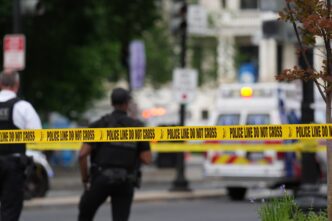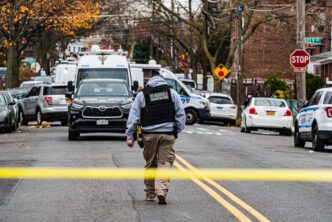Executive Summary
- Iraq held a parliamentary election on November 11, resulting in no single party winning a majority and initiating a complex coalition-building period.
- Analysis suggests Iran’s influence in Iraq is weakening due to its own domestic crises, creating a diplomatic opening for the United States.
- Iraqi political factions, including those traditionally allied with Tehran, have reportedly shown increased willingness to engage with Washington.
- President Trump’s new envoy, Mark Savaya, faces the challenge of navigating Iraq’s intricate politics to leverage this opportunity for U.S. interests.
- A boycott by followers of cleric Moqtada al-Sadr poses a potential threat to the stability and legitimacy of the future government.
Iraq conducted a parliamentary election on November 11 that was characterized by international observers as relatively free, fair, and peaceful, with a voter turnout of 56 percent. The results, which did not produce a clear majority for any single bloc, have initiated a complex government formation process and created a significant diplomatic opportunity for the United States as Iranian influence in the region appears to be diminishing.
Election Results and Government Formation
Prime Minister Mohammed Shia al-Sudani’s Reconstruction and Development bloc secured a plurality of the 329 parliamentary seats but fell short of the numbers needed to form a government independently. This outcome necessitates a period of coalition negotiations among various political factions, a process that has historically taken several months to complete. The eventual government, regardless of its final composition, is expected to be more receptive to U.S. interests than to those of Iran.
Shift in Regional Influence
According to geopolitical analysis, Iran’s influence over Iraqi politics has weakened due to a combination of factors, including domestic challenges such as a severe drought, economic pressure from U.S. sanctions, and the aftermath of a recent conflict with Israel. This has created a political environment where Iraqi leaders, even those traditionally aligned with Tehran, are signaling a desire for stronger ties with Washington. Asaib Ahl al-Haq, an Iran-backed militia group, has publicly stated that U.S. interests could align with stability in Iraq.
U.S. Diplomatic Role
The Trump administration has appointed Mark Savaya, a Detroit businessman with Iraqi heritage but no prior diplomatic experience, as its new envoy to navigate this evolving landscape. While Savaya’s cultural knowledge has been welcomed by some Iraqi politicians, the role requires navigating complex sectarian politics and balancing competing U.S. interests, including counterterrorism, energy partnerships, and the containment of Iranian influence. The success of U.S. policy will depend on the envoy’s ability to capitalize on the current sentiment in Baghdad.
Potential for Instability
A significant challenge to the new government’s legitimacy is the election boycott called by powerful Shiite cleric Moqtada al-Sadr. His absence from the political process, along with that of his substantial base of followers, introduces an element of unpredictability. Sadr has a history of mobilizing mass protests and could act as a spoiler to any newly formed coalition. Despite these challenges, the election marks a potential turning point in Iraq’s post-2003 political trajectory, moving away from Tehran’s orbit and creating a strategic opening for the United States.






